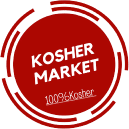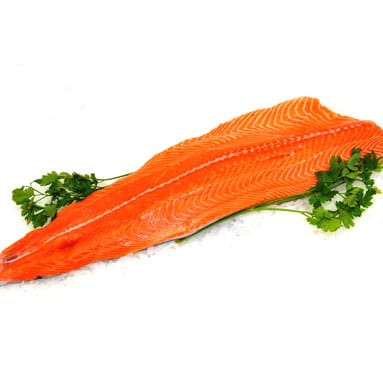Kosher food requirements range from kosher meat types, how they handle kosher dairy products, and kosher wine handlers.
Identify kosher foods
Look for foods with the kosher label. All kosher foods have tags, but some are harder to find than other foods. Before buying, make sure you understand most kosher certificate locations and look for kosher certificates in your favorite foods.
Meats
Buy butchered meat according to kosher standards. If the meat comes from a broken hoof, it is Kosher. To make kosher meat, it must be a painless slaughter, complete draining of blood, and wholly out except for Kosher before eating the meat.
Buy dairy products from Jewish animals. Dairy products must be meat-free and processed with a kosher device.
Dairy and meat products should always be separated in storage to be considered Kosher.
To ensure complete separation, the kosher kitchen should provide separate utensils, cutlery, and utensils for meat and dairy products.
Wine
Always buy kosher wine. Kosher wines are similar in taste to non-kosher wines, but they also have strict requirements. The rabbi must always supervise kosher wine, and all ingredients and equipment must be Kosher. Furthermore, Jewish observers can only use kosher wine.
Bread
The bread is one of three special Mitzvot promises given to women. Take a small amount of pasta (pasta the size of an olive) from the bread dough and pour it into the oven for a proper blessing.
This is a remnant custom that symbolizes the gift that ancient temples gave God from the gift of nature. The challah Law is binding only on Jews.
Therefore, bread from a bakery owned by a non-Jew should not be taken (the product is kosher and under a rabbi’s supervision). Jewish-controlled bakeries use egg bread, and women or men bake the bread at home.
Popular kosher food:
Beef: Look for cuts, such as ribs, chucks, etc. Depending on your preparation, other cuts may not be kosher.
- Lamb
- pork
- Chickens
- Turkey
- Goose
- Fish without fins and scales
- Duck
Non-kosher foods should be avoided:
- rabbit
- Fillets and scaleless fish, including crustaceans such as crabs and red shrimp
- Raptor
- Food of animal origin that is not considered kosher (e.g., gelatin)
- Provide meat and dairy products together
Kosher food sign
If in doubt, look for the “K” or “OU” label on the package in Kosher. These signs alone may indicate that the food is pareve food or does not contain meat or dairy products. Here are some other symbols to look for
- “M” or “Glatt”: The product contains meat.
- “P”: Food suitable for consumption during Easter.
- The “D” in “DE”: The product contains dairy products or is manufactured in a dairy processing area.
- “F”: The product contains fish.
Conclusion
Most foods are Kosher certified on both sides. The most common is the kosher certification sticker on the package’s front corner and the actual nutrition facts on the back of the package.
Search for the term “Kosher.” This is a useful identifier when viewing the shelves’ foods, but the food should also be marked as Kosher as above.

